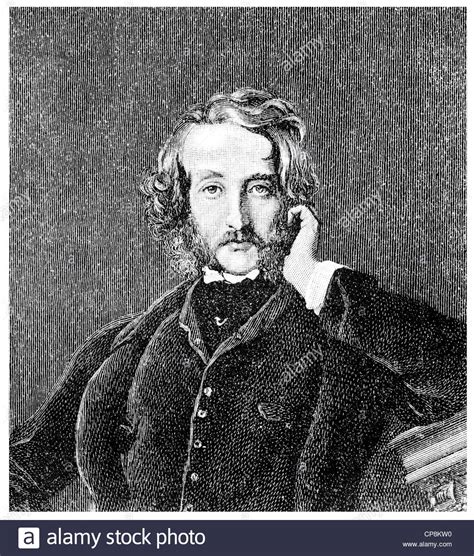A Quote by Aldous Huxley
Asceticism, it is evident, has a double motivation. If men and women torment their bodies, it is not only because they hope in this way to atone for past sins and avoid future punishments; it is also because they long to visit the mind's antipodes and do some visionary sightseeing.
Related Quotes
We who run in the way of Love must never torment ourselves about anything. If I did not suffer minute by minute, it would be impossible for me to be patient; but I see only the present moment, I forget the past, and take good care not to anticipate the future. If we grow disheartened, if sometimes we despair, it is because we have been dwelling on the past or the future.
For men to focus on controlling women's reproduction to solve a society's problems seems nothing short of mad or, at best, superstitious. But men's superstition or insanity has real and dire consequences for the women who are its object. And states, too, home in on women's bodies, perhaps to create the illusion that men are in control of uncontrollable forces. Indeed, almost all governments try to control women's bodies and regulate their appearance in some way.
I think the generational change is going to be so important for Africa that we really should encourage and push it as much as we can, because some of these younger men and women, who are men and women of their times, and are also connected to the rest of the world, wouldn't even know how to behave in the way some of the old leaders do.
The truths of the Judaic-Christian tradition, are infinitely precious, not only, as I believe, because they are true, but also because they provide the moral impulse which alone can lead to that peace, in the true meaning of the word, for which we all long. .?.?. There is little hope for democracy if the hearts of men and women in democratic societies cannot be touched by a call to something greater than themselves.
I wish you would stop and seriously consider, as a broad and long-term feminist political strategy, the conversion of women to a woman-identified and woman-directed sexuality and eroticism, as a way of breaking the grip of men on women's minds and women's bodies, of removing women from the chronic attachment to the primary situations of sexual and physical violence that is rained upon women by men, and as a way of promoting women's firm and reliable bonding against oppression. . . .
Catholicism is not ritualism; it may in the future be fighting some sort of superstitious and idolatrous exaggeration of ritual. Catholicism is not asceticism; it has again and again in the past repressed fanatical and cruel exaggerations of asceticism. Catholicism is not mere mysticism; it is even now defending human reason against the mere mysticism of the Pragmatists.
But the past does not exist independently from the present. Indeed, the past is only past because there is a present, just as I can point to something over there only because I am here. But nothing is inherently over there or here. In that sense, the past has no content. The past - or more accurately, pastness - is a position. Thus, in no way can we identify the past as past





































